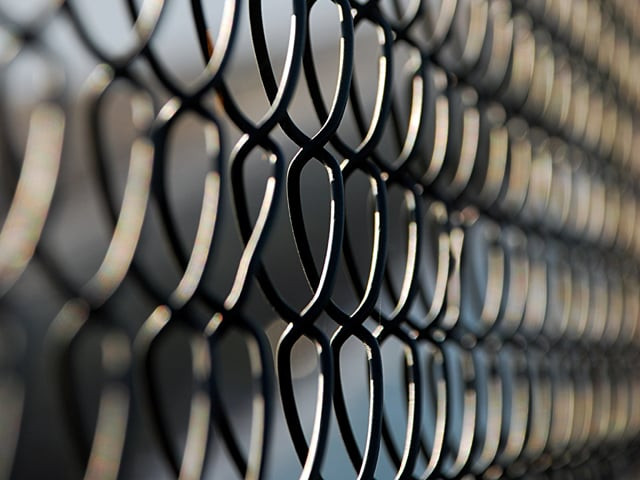Juvenile detention: Govt urged to set up borstal institutes
Despite a law prohibiting sending female juveniles to prisons, dozens of them are detained in prisons in the country.

This was unanimously agreed upon by the participants of the consultation workshop organised by the Society for the Protection of the Rights of the Child (SPARC) on Sunday.
Prison Department officials, law experts and child and human rights activists from all over the country participated in the workshop. SPARC pledged to implement participants’ recommendation that their 80-page ‘toolkit’, a booklet detailing the rights of juvenile prisoners, be translated into local languages and be made smaller.
The participants also discussed issue like female juvenile delinquents, confinement of children in madrassas and launching programmes to improve the health conditions of juveniles. They stressed on the need to educate and train anti-social children both morally and psychologically.
Justice (retired) Nasira Iqbal said that the prisons in Pakistan were overcrowded. She said that despite a law prohibiting sending female juveniles to prisons, there were dozens of female juveniles detained in prisons across the country. “Women prisoners and children are harassed in prisons,” she said. “Children detained in madrassas are being treated as prisoners and are not allowed to live their lives. The government should act against the confinement of children in madrassas.”
Masood Khan, the National Academy for Prison Administration (NAPA) principal, said that often the children of people in prison ended up becoming criminals who end up in prison themselves.
He urged the government to establish borstal institute in each province.
He told the participants that the conviction rate of juvenile delinquents in Pakistan was between 16 and 21 per cent, unlike France’s 88 per cent, England’s 80 per cent and Japan’s 100 per cent. Bashir Bangulzai, the Balochistan prisons IG, said that his department had taken initiatives to segregate juveniles under 18 years from adult prisoners in Quetta Jail. The government of Balochistan has moved a summary for establishing a borstal institute in Quetta, he said.
Sindh Police DIG Abdul Khalique Shaikh said that the international and national laws strictly prohibited prison officials from torturing prisoners or treating them badly.
“Local laws give prisoners the rights to adequate standards of living, adequate food and drinking water, clean clothing and bedding, health services and health screening,” he added.
Arshad Mahmood, the SPARC executive director, said that there was a dire need to introduce minimum standards of human rights and to give juvenile detainees all over the country their right.
He said that the toolkit prepared in consultation with all the prisons IGs in Pakistan offered comprehensive information on the rights of juveniles, women and adult prisoners.
Published in The Express Tribune, January 3rd, 2011.



















COMMENTS
Comments are moderated and generally will be posted if they are on-topic and not abusive.
For more information, please see our Comments FAQ